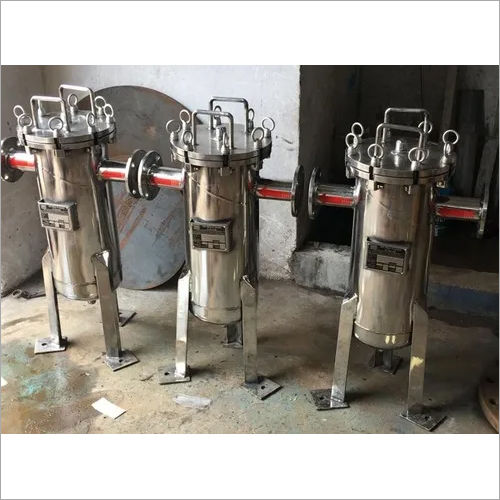
Bypass Filter
Product Details:
- Size 12
- Length 50 Millimeter (mm)
- Efficiency (%) 90
- Usage Industrial
- Color Black
- Width 60 Millimeter (mm)
- Height 45 Millimeter (mm)
- Click to View more
Bypass Filter Price And Quantity
- 1 Piece
Bypass Filter Product Specifications
- Industrial
- 90
- 12
- 50 Millimeter (mm)
- ByPass Filter
- 1 Kilograms (kg)
- Black Wire Cloth
- Other
- 45 Millimeter (mm)
- 60 Millimeter (mm)
- Black
Bypass Filter Trade Information
- Gujarat
- Cash Advance (CA) Cash in Advance (CID) Cheque
- 30 Piece Per Month
- 1 Week
- Asia Australia Central America North America South America Eastern Europe Western Europe Middle East Africa
- All India South India Central India West India North India East India Gujarat Karnataka Kerala Lakshadweep Mizoram Meghalaya Manipur Andhra Pradesh Bihar Chandigarh Daman and Diu Goa Jharkhand Odisha Punjab Assam Delhi Dadra and Nagar Haveli Andaman and Nicobar Islands Arunachal Pradesh Chhattisgarh Haryana Himachal Pradesh Jammu and Kashmir Madhya Pradesh Maharashtra Nagaland Rajasthan Sikkim Tamil Nadu Telangana Tripura Pondicherry Uttar Pradesh Uttarakhand West Bengal
Product Description
Bypassing an application's filter, while it may seem advantageous in certain situations, can have significant ethical and legal implications. However, there may be some cases where bypassing certain restrictions could be justified, such as in testing or troubleshooting scenarios. Here are some potential advantages and considerations:
1. Testing and Development In a controlled environment, bypassing filters temporarily could be useful for testing and development purposes. This allows developers to understand how their application behaves under different conditions and to identify potential vulnerabilities.
2. Troubleshooting If a filter application is causing unexpected issues or blocking legitimate access, bypassing it temporarily could help troubleshoot the problem and identify the root cause.
3. Emergency Situations In rare emergency situations where access to critical resources is impeded by filters, bypassing them might be necessary to ensure continuity of operations. However, this should only be done in extreme cases and with proper authorization.
4. Education and Research For educational or research purposes, understanding how filter applications work and their limitations may require bypassing them in a controlled environment to study their effectiveness and weaknesses.
Despite these potential advantages, it's crucial to consider the following:
- Legal and Ethical Concerns Bypassing filter applications without proper authorization may violate laws, regulations, or ethical standards. It could lead to legal consequences, including fines or criminal charges.
- Security Risks Bypassing filters could expose systems to security risks, such as malware or unauthorized access. It's essential to weigh the potential benefits against the security implications carefully.
- Violation of Policies Many organizations have strict policies regarding the use of filter applications and bypassing them. Violating these policies could result in disciplinary action, including termination of employment or loss of access privileges.
In conclusion, while there may be specific situations where bypassing filter applications could be justified, it's essential to approach them with caution, adhere to legal and ethical guidelines, and consider the potential risks and consequences carefully. It's often better to seek alternative solutions within the confines of established policies and procedures.






 Call Me Free
Call Me Free